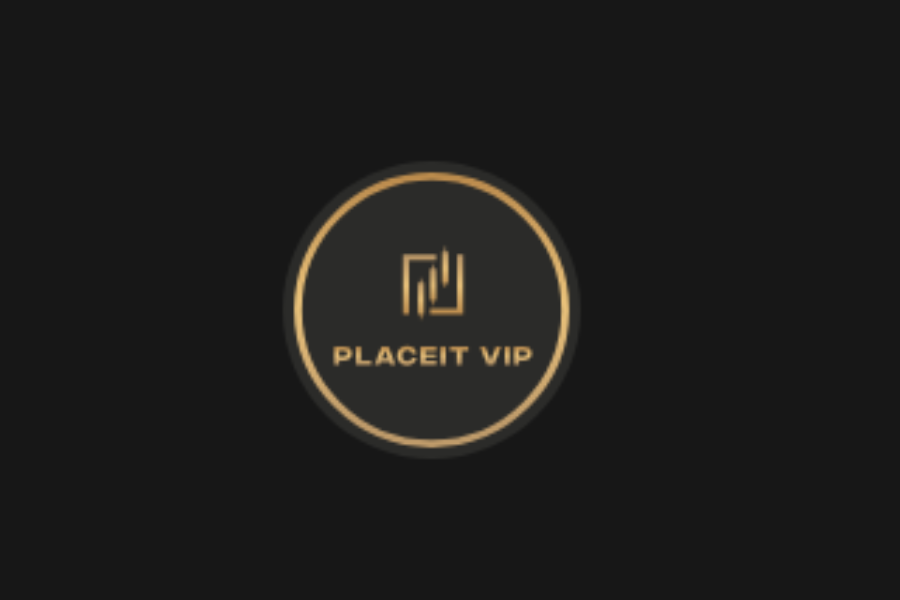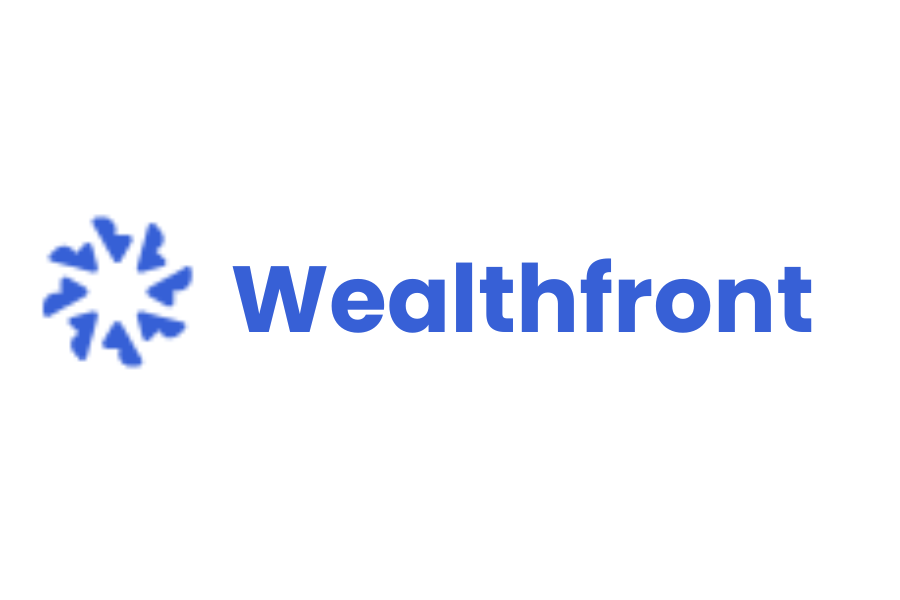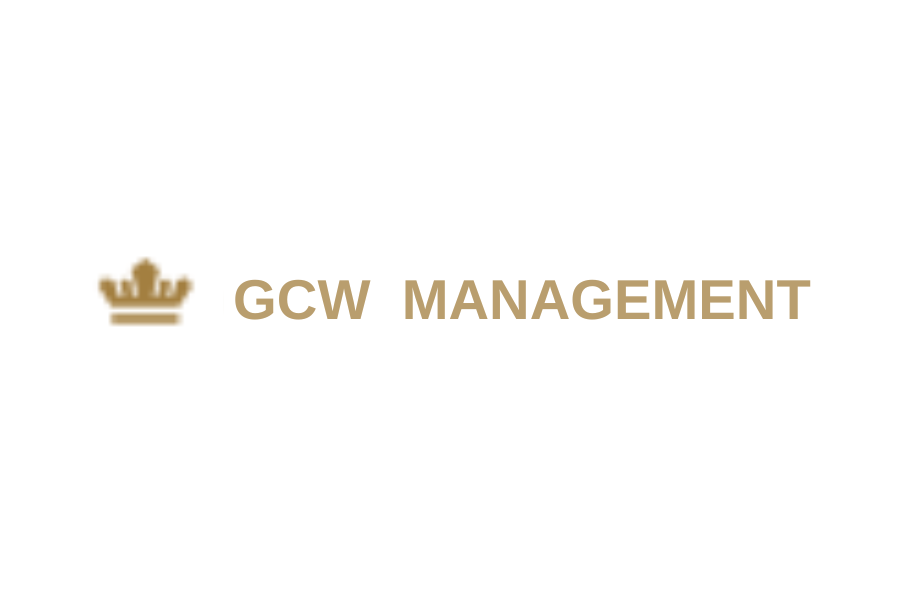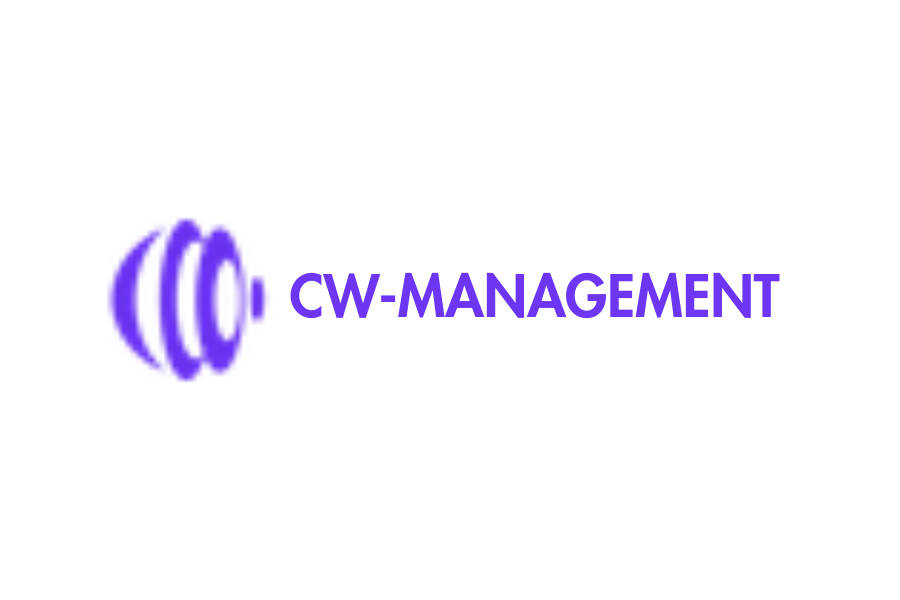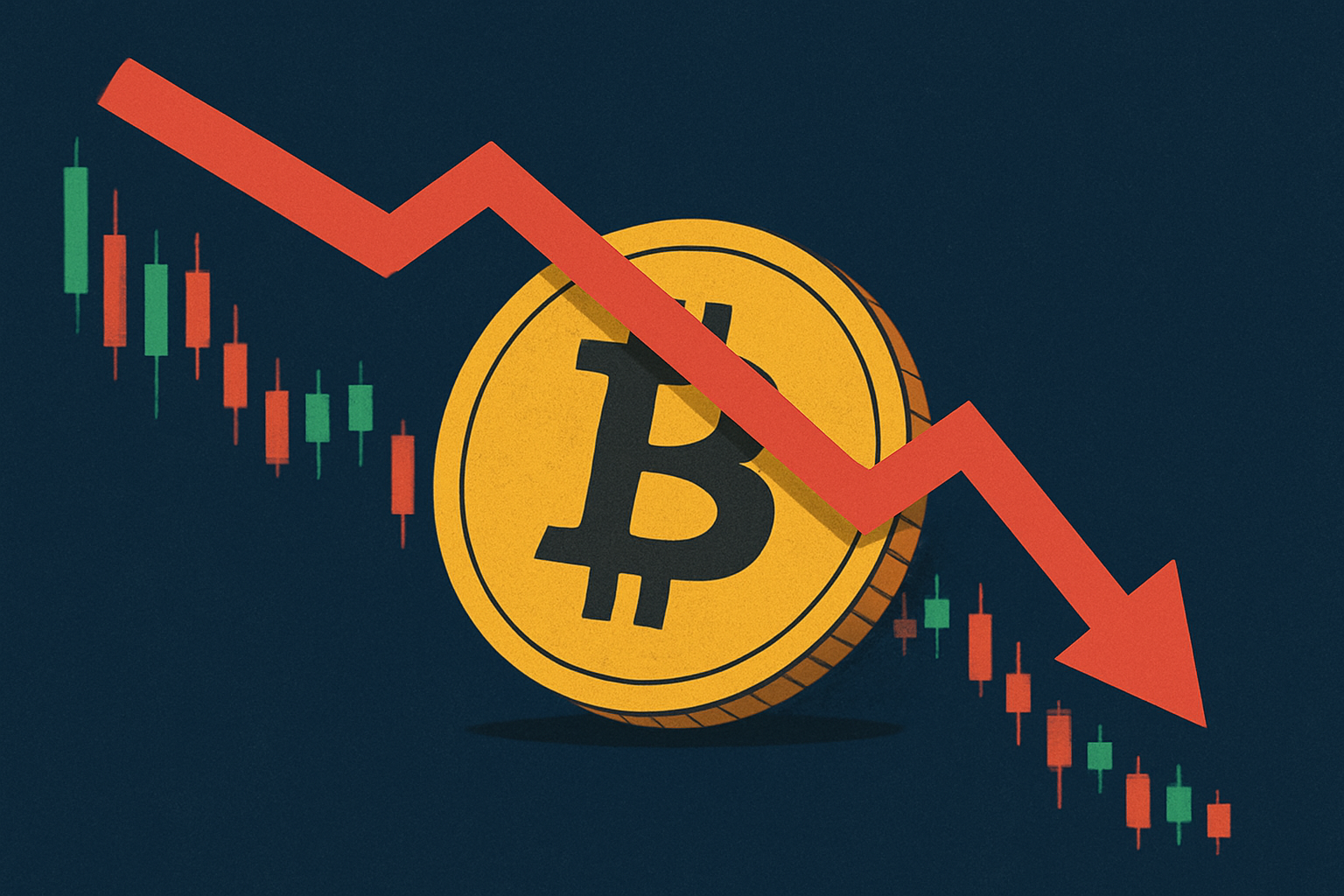Introduction
The integration of blockchain and artificial intelligence into educational systems is setting the stage for a revolutionary transformation in how knowledge is accessed, managed, and distributed globally. These emerging technologies are no longer speculative tools confined to academic research or futuristic think tanks. They are now being deployed in real-world educational settings to address long-standing issues such as accessibility, transparency, certification fraud, and personalization of learning. This fusion of technologies marks a significant leap forward in making education more inclusive, equitable, and adaptable to individual student needs.
Across continents, educational institutions, startups, and government initiatives are experimenting with blockchain and AI to craft smarter systems capable of streamlining administrative tasks, safeguarding data, issuing immutable certificates, and tailoring educational experiences in real-time. The convergence of blockchain’s trustless infrastructure and AI’s cognitive computing abilities is enabling educators and students to navigate new digital ecosystems, especially in underserved and remote communities.
The Convergence Of Blockchain And AI In The Education Sector
The technological synergy between blockchain and AI is creating opportunities for the education industry to solve problems that have persisted for decades. While AI enables the automation of learning assessments, predictive analytics, and adaptive content delivery, blockchain ensures data security, verifiability, and decentralization. When combined, these technologies offer solutions that neither could achieve in isolation.
Blockchain provides a decentralized, tamper-proof ledger for storing student records, degrees, certifications, and course materials. It eliminates the need for third-party verifiers and significantly reduces the administrative overhead of academic institutions. AI, on the other hand, analyzes vast amounts of educational data to predict student performance, customize learning plans, and even detect academic dishonesty. The convergence ensures that AI’s outputs are traceable, ethical, and verifiable on an immutable blockchain ledger.
One of the most powerful outcomes of this convergence is the democratization of education. AI-driven recommendation engines can guide learners to appropriate resources based on their skill levels and preferences, while blockchain ensures these educational credentials are recognized globally, regardless of the issuing institution. This opens new doors for learners in developing countries and remote regions who lack access to traditional educational infrastructure.
Improving Educational Access Through Decentralized Platforms
One of the most transformative applications of blockchain and AI in education is their ability to provide universal access to quality learning resources. Traditionally, education has been bound by geographic, financial, and institutional limitations. Many students around the world are unable to attend quality schools or universities due to high tuition costs, lack of infrastructure, or political instability. Blockchain-based learning platforms, integrated with AI algorithms, are beginning to break down these barriers.
These platforms are decentralized, meaning anyone with an internet connection can access content without the need for intermediaries. Educational content is often hosted on decentralized storage systems and powered by AI engines that recommend and customize learning experiences in real time. Students are not only consumers of content but also contributors and validators within these ecosystems. For instance, blockchain-based projects like ODEM and BitDegree are already offering courses tailored to individuals’ needs and granting certifications that are recorded immutably on the blockchain. Moreover, AI helps personalize learning by adapting coursework to each student’s pace, understanding, and learning style. It can assess prior knowledge and suggest content that best suits the learner’s current ability level.
Combating Credential Fraud With Blockchain Verification
Credential fraud is a growing problem that has far-reaching implications across academic and professional fields. Fake degrees and forged transcripts not only damage the credibility of institutions but also undermine the legitimacy of qualified individuals. Blockchain technology offers a robust solution by enabling institutions to issue academic certificates and degrees on an immutable public ledger.
With blockchain-based certification systems, students receive digital diplomas that can be verified instantly by employers or other academic institutions without needing to contact the issuing body. This ensures transparency, reduces hiring risks, and saves time for recruiters. Educational institutions, in turn, are protected from reputational damage, and students have full ownership over their academic records.
AI complements this system by ensuring the authenticity of data inputs. For example, natural language processing algorithms can scan and interpret existing certificates or educational claims and match them against blockchain entries. Machine learning can also be used to detect patterns of fraudulent behavior in application datasets. When blockchain secures this data, it becomes nearly impossible to alter or forge credentials.
AI-Powered Learning Personalization
AI’s most celebrated contribution to education is its ability to personalize learning. Every student learns differently, and traditional education systems have long failed to accommodate this diversity. AI addresses this challenge by leveraging data from a student’s interactions, assessments, and preferences to curate a unique learning experience.
Adaptive learning platforms driven by AI continuously assess student performance and modify content accordingly. If a student is struggling with a particular concept, the system can provide additional explanations, remedial exercises, or visual aids. Conversely, if a student excels, the system can offer advanced materials or accelerate the learning curve. This ensures that no learner is left behind or held back by a standardized pace.
Blockchain ensures the integrity and continuity of this learning path. As students progress, their achievements are recorded immutably, making it easy to transfer or recognize learning credits across different institutions or countries. For students who may change schools or even careers, blockchain serves as a portable record of their educational journey, while AI continues to build on past performance for future recommendations.
Empowering Educators With Smart Contracts And Analytics
Teachers and administrators are also beneficiaries of blockchain and AI integration. Smart contracts, self-executing programs stored on the blockchain, can automate administrative tasks such as payroll, course registrations, and grading. This reduces human error and frees up educators to focus more on instruction and student support.
AI-driven analytics provide teachers with insights into student behavior, engagement, and outcomes. Teachers can monitor progress in real time, identify at-risk students, and adjust their teaching strategies accordingly. Predictive analytics can even forecast dropout rates or exam success, enabling early intervention and personalized support.
These technologies also facilitate transparent and efficient collaboration among educators. For example, a decentralized repository of lesson plans and teaching materials can be shared securely across institutions. Educators can use AI to find the most effective teaching practices and adapt them to their own curriculum, while blockchain ensures intellectual property rights are respected and content is not duplicated without consent.
Revolutionizing Online Examinations And Assessments
One of the most challenging aspects of online education is ensuring the integrity of examinations. Cheating and impersonation are serious concerns that undermine the legitimacy of online credentials. Here, AI and blockchain offer a dual-layered solution.
AI-powered proctoring systems use facial recognition, eye-tracking, and behavioral analysis to monitor students during examinations. These systems can detect unusual patterns that might suggest cheating and flag them for review. Blockchain complements this by securely logging the entire assessment process, from test initiation to result issuance.
Assessment results stored on a blockchain cannot be tampered with, ensuring that grades and feedback are permanent and auditable. This instills greater confidence among students, institutions, and employers in the credibility of online learning.
In addition, smart contracts can automatically grade objective tests and trigger certificate issuance once certain conditions are met. This eliminates delays and minimizes manual intervention, creating a smoother and more trustworthy assessment process.
Financial Inclusion Through Blockchain-Powered Scholarships
Access to education is not just about geography or content but also affordability. Many students, especially in developing nations, lack the financial resources to pursue formal education. Blockchain can enhance transparency and efficiency in financial aid distribution, ensuring that scholarships and grants reach the intended beneficiaries.
Smart contracts can be programmed to release scholarship funds in phases based on a student’s academic performance or attendance. AI algorithms can assess eligibility in real-time by analyzing applicants’ backgrounds, academic records, and financial status. This combination eliminates fraud and bureaucracy in the aid distribution process.
Decentralized crowdfunding platforms are also emerging where individuals and organizations can directly sponsor students, knowing that every transaction is recorded immutably. Blockchain enables full transparency of fund usage, ensuring donors have confidence that their contributions are being used responsibly.
Such systems are already being tested in parts of Africa and Southeast Asia, where access to quality education is hampered by funding gaps. The results show promising signs of improved retention rates and student satisfaction.
Case Studies And Real-World Implementations
Around the world, several pioneering institutions and startups are exploring this convergence. The Massachusetts Institute of Technology has experimented with blockchain diplomas issued directly to students’ digital wallets. Learning Machine and the Open University have developed platforms that allow blockchain-verified transcripts and micro-credentials.
In India, AI-backed EdTech startups like Byju’s and Vedantu are experimenting with blockchain to ensure authenticity and protect user data. Estonia’s government has integrated blockchain across its education ecosystem, enabling students to manage and share their records securely.
Meanwhile, the University of Nicosia in Cyprus has become one of the first to fully embrace blockchain and cryptocurrency in its academic and operational processes. Students can pay tuition in digital currencies, receive blockchain-certified degrees, and engage in AI-supported coursework.
Challenges And Future Prospects
Despite its promise, the fusion of AI and blockchain in education is not without challenges. Privacy concerns are significant, especially when dealing with sensitive student data. AI systems must be designed to avoid algorithmic biases and ensure fairness. Blockchain’s immutability, while advantageous for certification, can complicate data correction or deletion.
There are also infrastructural limitations in many parts of the world. High-speed internet and digital literacy are prerequisites for participating in these ecosystems. Policymakers must consider digital inclusion efforts to ensure equitable access.
Nonetheless, the direction is clear. As these technologies mature and regulatory frameworks catch up, the education sector stands on the brink of a transformation unlike any before. The classroom of the future may be entirely digital, self-regulating, and personalized to each learner—accessible from anywhere, secured by blockchain, and powered by AI.
Conclusion
The intersection of blockchain and artificial intelligence is redefining what is possible in education. These technologies offer more than just digitization—they promise a paradigm shift in how knowledge is created, accessed, shared, and validated. From combating credential fraud and enhancing personalization to enabling financial inclusion and streamlining administration, the benefits are manifold and far-reaching.
As projects and pilot programs demonstrate real-world viability, and as adoption grows across both public and private sectors, the dream of universal, high-quality, and personalized education is becoming a reality. With blockchain providing the trust infrastructure and AI delivering the intelligence layer, the global learning landscape is entering a new era—one where education is truly accessible, accountable, and adaptive for all.





